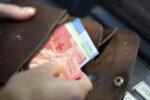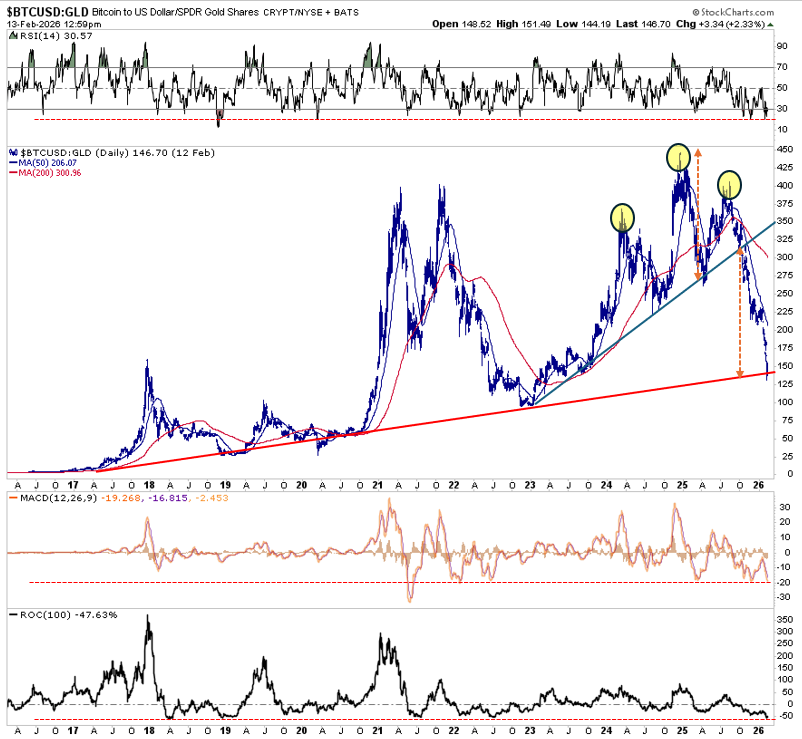 Last week, German chancellor Merkel delivered a surprise about-face when she and French president Macron announced a proposal for a EUR 500bn recovery fund in the wake of the coronavirus crisis. The unprecedented plan involves the distribution of grants, rather than loans, to member states in economic need. The deal is far from done, however, as it is currently opposed by the EU ‘frugal four’, who insist on loans rather than grants, which would over-indebt countries like Spain and Italy. The European Commission will propose its own plan this week, with a final agreement during the EU Council in mid-June. Meanwhile, as lockdown restrictions eased across the euro area, purchasing manager indices for May recovered from April’s record lows, despite remaining in contraction territory. This indicates that we may be past the bottom, the European economy having turned a corner. More encouraging news came from the race to find a coronavirus vaccine last week, which could add further support to market sentiment.
Last week, German chancellor Merkel delivered a surprise about-face when she and French president Macron announced a proposal for a EUR 500bn recovery fund in the wake of the coronavirus crisis. The unprecedented plan involves the distribution of grants, rather than loans, to member states in economic need. The deal is far from done, however, as it is currently opposed by the EU ‘frugal four’, who insist on loans rather than grants, which would over-indebt countries like Spain and Italy. The European Commission will propose its own plan this week, with a final agreement during the EU Council in mid-June. Meanwhile, as lockdown restrictions eased across the euro area, purchasing manager indices for May recovered from April’s record lows, despite remaining in contraction territory. This indicates that we may be past the bottom, the European economy having turned a corner. More encouraging news came from the race to find a coronavirus vaccine last week, which could add further support to market sentiment.
In markets, a ban on short-selling in Europe in place since mid-March to stem coronavirus panic was lifted last week, putting further pressure on financial stocks. At the same time, demand for safety in bonds remained insatiable. The UK issued a negative yielding bond for the first time ever in an over-subscribed sale, suggesting investors expect the Bank of England to deliver further easing in support of the economy. Last week too, the US issued a 20-year bond for the first time in over three decades in an oversubscribed sale of its own. We continue to prefer US Treasuries over other government bonds.
With US presidential elections looming, relations between the world’s two largest economies deteriorated further last week. Chinese authorities moved to impose national security legislation on Hong Kong, reigniting the latter’s pro-democracy demonstrations over the weekend and drawing criticism from US officials. Meanwhile, the US Senate passed a bill that would require US-listed foreign companies to submit to an audit by a US oversight board to determine that they are not under foreign control, or face delisting. Chinese companies with ADR (American depository receipt) US listings are the apparent target, with many assumed to not be able to comply, given Chinese laws around the protection of state secrets. If implemented, the bill will be tougher for the 200+ small Chinese ADR issuers, while the large ones are more likely to complain and move their listings to the UK or Hong Kong.
Tags: Macroview,newsletter,Pictet





































